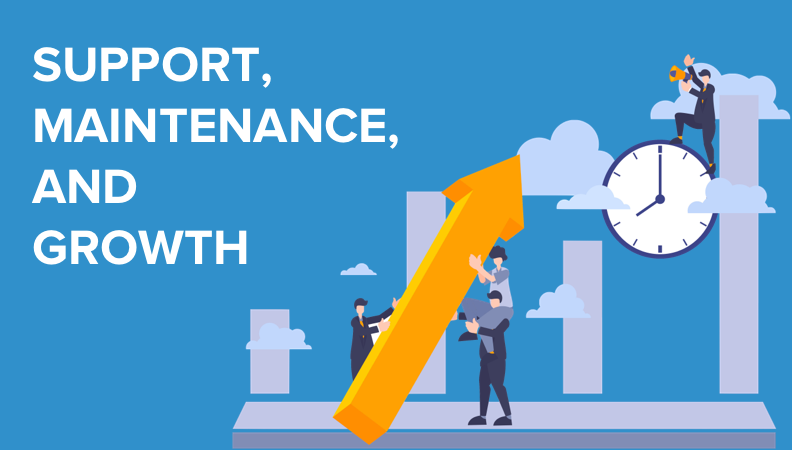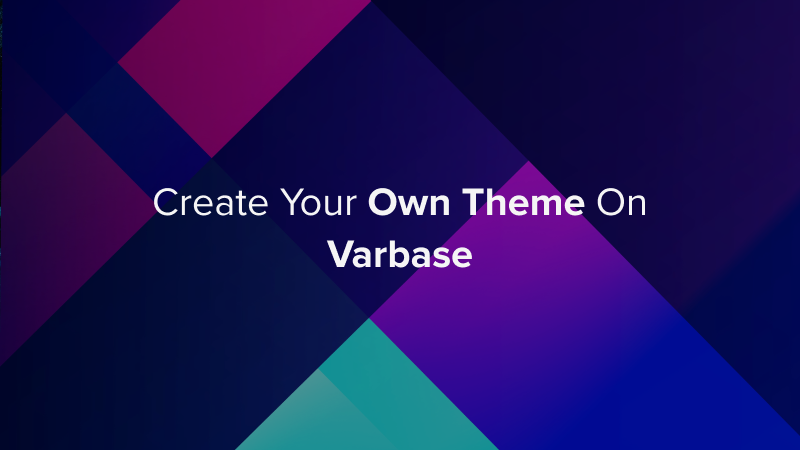- Solutions
- For Industry
- By Need
- Products
- VarbaseEnterprise CMS Distribution for Drupal
- Uber PublisherEnterprise Digital Media Platform Builder
- VardocDrupal Knowledge Base Platform
- Campaign StudioOpen Marketing Platform - by Acquia
- Open SocialSocial Business Platform - by Open Social
- Services
- Strategy
- Design
- Development
- Migration
- Support and MaintenanceSupport and Maintenance
- DevOps
- Digital Marketing

Datasheet

- Clients
- Ideas
- About
- Contact Us

Go Global with Drupal: A Multilingual Website for your business
The mythical Tower of Babel may have been struck down long ago, scattering and confusing human language, but humanity—as irrepressible as ever—is rebuilding it, but this time atop bricks made of silicon. The internet has brought the world together, breaking down barriers and turning human civilization into a vibrant, global community. But the tower is not yet complete—even though we can access each other more than ever today via the internet, there still isn't a universal language connecting us, leaving significant, but surmountable barriers between a truly interconnected global community.
In fact, in addition to creating enhanced methods of connecting with one another, the internet has also created the means to befuddle and segregate us even more by introducing new languages—programmming ones: PHP, SQL, Java, etc.
But one uniform, universal language to bind us all together isn't realistically emerging anytime soon, which means, in order to unlock your website's potential by connecting with people who live on the far side of the global village, your best bet is having a multilingual website.
Take for example the United Nation's Relief and Works Agency's website, developed by Vardot using Drupal—it features content in both Arabic and English in order to reach multiple target audiences at the same time.
Here's a couple reasons why UNRWA and other organizations and companies operate multilingual websites:
1. The Internet Isn't Just Used by English-Speakers Anymore:
The internet was conceived, developed, and commercialized primarily in English-speaking markets. But now Internet access is a reality for people worldwide, and saturation of devices capable of utilizing the internet is skyrocketing in places where the English-language isn't even a miniscule slice on the demographic pie chart. Internet usage may be more common in English-speaking locales—but the demographics are equalizing with each passing day, and businesses and organizations would be wise to monitor this.
2. A Multilingual Site is a Cost Effective Marketing and Branding Tool:
Enjoying the ability to communicate with consumers and site-users in multiple languages will immediately provide you with the ability to market your brand, service or product to a previously untouchable market simply because they can access your site and understand what you're all about. *Theoretically* every language added to a website creates the potential for an increase of 100% in views or sales, since every added language unlocks an entirely new demographic of potential users.
3. Trust and Cultural Sensitivity:
When it comes to buying products or relying on information over the internet, people need to trust the website they're using—and they're not going to if it's in a language they're not fully comfortable with.
At least from an e-commerce perspective, having a multilingual website makes users more comfortable with your site and makes them more willing to consider e-payments—a phenomenon that can make or break a web-based business in an emerging market. Or from a news and media perspective: having content in a language a user is comfortable with is vital for ensuring that people accept a site as a credible news outlet.
A multilingual website, if designed properly, automatically puts the user in a 'cultural comfort zone' and allows them to navigate, understand and interact with the website.
4. There are Search Engines Other Than Google:
Gasp! This might come as a shock to some people, but in many countries—like China, Japan and Russia—Google is not the default search engine. Instead, homegrown search engines have established themselves by operating in regional languages—like Baidu in China. And here's the kicker: Not all search engines index results for English-language sites, meaning in some markets your site isn't even being considered as a search result. If you want to unlock these markets, you need a multilingual website.
Additionally, some large search engines, like Google, are beginning to run searches in foreign languages—and if they've taken notice of the multilingual phenomenon, so should you.
But having a multilingual website is no easy task—and it can actually degrade your web presence if implemented incorrectly.
When it comes to creating a website that can effectively maintain a multilingual presence, you need a content management system that 1) can handle large amounts of content (since you'll be tailoring the same content multiple times to appeal to multiple audiences) and 2) has internalization-specific support among its developer community, 3) has SEO enhancements that target multilingual search engines and 4) and can easily incorporate micro-sites to accommodate for specific languages.
Many CMS's, both open source and proprietary, offer internalization and multilingual support packages, but the truth is that adapting your website for a global audience is a complex job—you need a powerful CMS in order to handle the enhanced responsibility. Enter Drupal.
Drupal offers the perfect balance of power and community support necessary to handle the task of designing, developing, implementing, and maintaining a functional multilingual website. Few other CMS's even come close to offering the same level of multilingual readiness. And, Drupal 8, the newest iteration of the CMS, is on its way with a publicly announced focus on multilingual support as a key feature.
And in the spirit of globalization, you can find experienced Drupal development teams working in all corners of the world. Take for example Vardot, with offices in Jordan and the United States, its developers are experts at creating multilingual websites that feature English and Right-to-Left languages like Arabic.
The internet is continuing to expand and evolve, and e-commerce is increasingly cementing itself as a major force in the global economy. But as global markets coalesce and encounter each other via the web, fundamentally different languages are also colliding, and not having a website adapted for this barrier can prevent a business from otherwise unlocking and tapping a market ripe for its services. Fortunately, Vardot and Drupal offer you the chance surmount that difficulty and reach your business or organization's potential.
Thoughts? Feel free to chime in the comments or drop us an email.
- Drupal
- Multilingual



